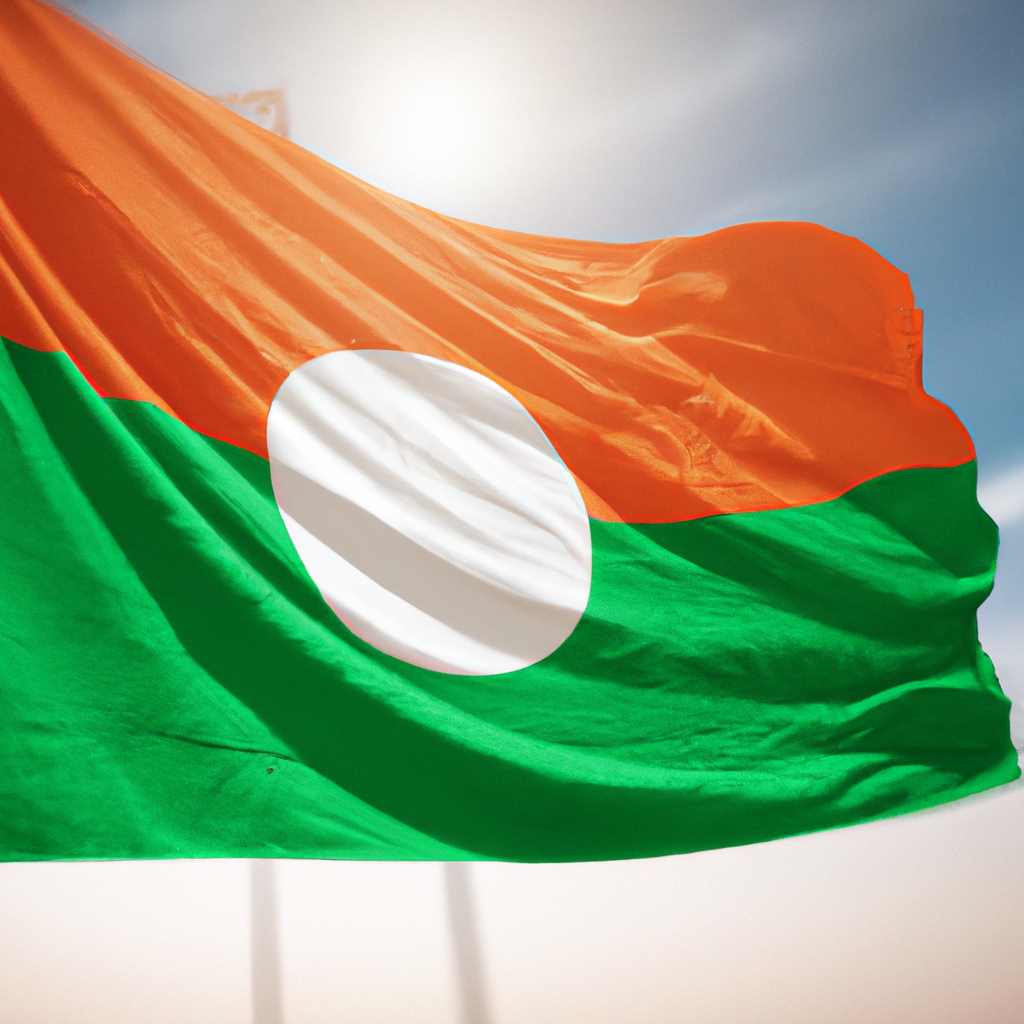Substantial changes are underway in Niger, as the military regime announced that all French soldiers currently deployed in the nation would complete their withdrawal by December 22. In a statement, the Nigerien armed forces stressed that the departure of all French military personnel and their equipment is the climax of an evolution in relations that began in October.
This decisive action marks a significant shift in the relationship between France and Niger, tracible back to when the military coup took command of Niamey on July 26. The generals in power swiftly called for the withdrawal of the 1,500 French soldiers positioned in the country to combat jihadism and criticised several military agreements that had been agreed with Paris.
The debate between both nations ended with France’s acquiescence to the withdrawal, as confirmed by President Emmanuel Macron who announced that the process would be finalised by year-end.
According to the Nigerien army, a smooth and secure handover process is ongoing. Niger’s national television station, Télé Sahel, provided detailed information on Tuesday, stating that “1,346 French troops and 80%” of logistical equipment have exited our borders. As it stands, only 157 French soldiers remain on our soil, including 75 logisticians.”
The departure of the French soldiers began on October 10 with the first convoy leaving the country.
The recent events mark the deterioration of partnerships, which has been more pronounced since the military coup overthrew the democratically elected president, Mohamed Bazoum. The ruling generals have steadily cut ties created by the previous administration with specific Western allies.
In early December, another shift occurred as Niamey pronounced the termination of two European Union (EU) civic and military security and defence missions. This announcement coincided with the governments’ welcome of a Russian delegation.
In the wake of the military coup, Niger fostered alliances with both Burkina Faso and Mali, countries currently under military rule and distressed by jihadist violence. Together with these nations, Niger also declared its withdrawal from the G5 Sahel anti-jihadist organisation in early December. The organisation now comprises solely of Mauritania and Chad.
Another repercussion of Niger’s regime change is the continued economic and financial sanctions by other West African nations under the edifice of Ecowas. During a recent summit in Abuja, the easing of these severe sanctions was presented as contingent on a “short transition”.
On Tuesday, Niger’s military-appointed Prime Minister Ali Mahaman Lamine Zeine welcomed a delegation led by US Assistant Secretary of State for African Affairs Molly Phee. Furthermore, the newly inaugurated US ambassador to Niger, Kathleen FitzGibbon, is expected to present her credentials soon.
With these diplomatic shifts, international NGOs working in Niger urged that the sanctions imposed by Ecowas be lessened to allow emergency humanitarian aid through neighbouring Benin. They lamented the fact that Ecowas had “ignored appeals” from the humanitarian sector, and as a consequence, over 4.3 million people in Niger are currently in desperate need of emergency assistance.






